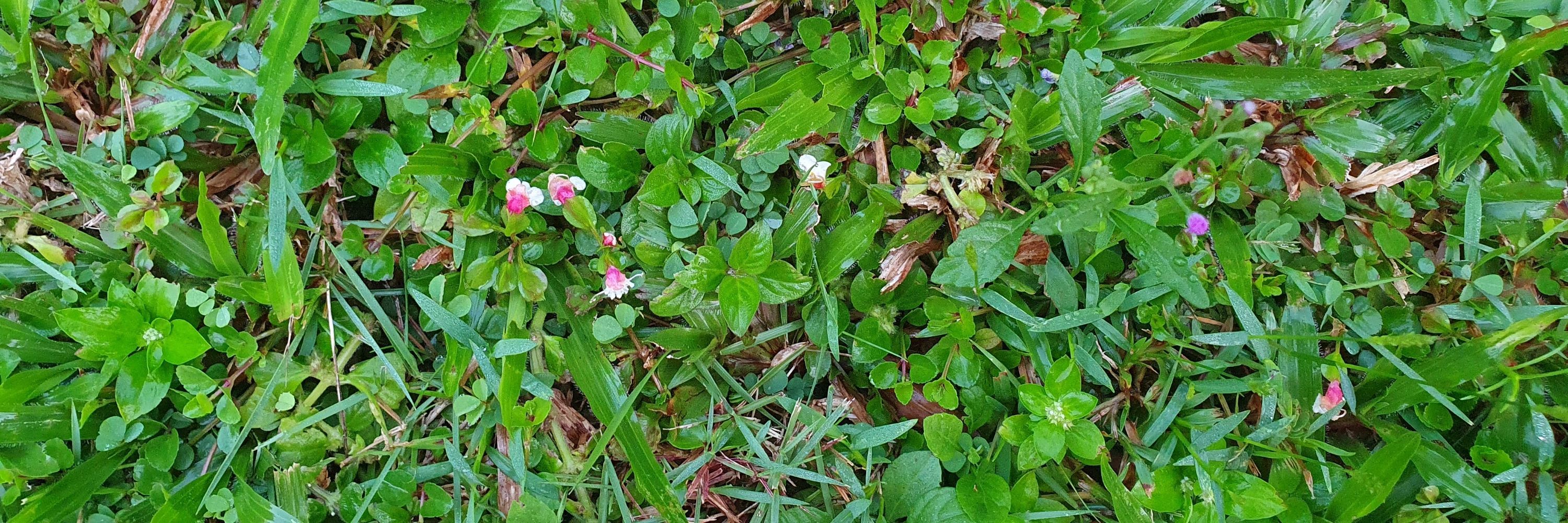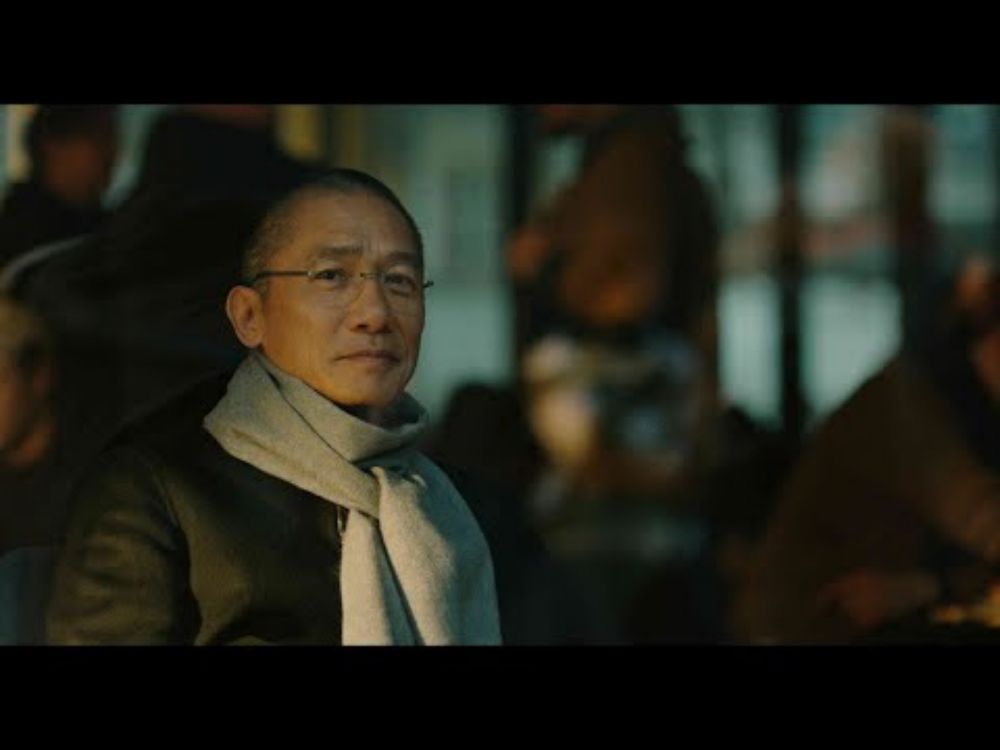
"A neuroscientist from Hong Kong, exploring the mind of babies, begins an unexpected experiment with the old tree."
"Silent Friend"
A Film by Ildiko Enyedi

"A neuroscientist from Hong Kong, exploring the mind of babies, begins an unexpected experiment with the old tree."
"Silent Friend"
A Film by Ildiko Enyedi
"Marty Makary ... asked his social media followers to "check out the new documentary" while Jay Bhattacharya ... said "it's a must watch film.""
By @zachhensel.bsky.social (2024)

Cutting-Edge Memory Research with Dr. Jiannis Taxidis
NeurON Air #5
NeurotechUofT: Empowering the next generation of neurotechnology innovators at the University of Toronto

Cutting-Edge Memory Research with Dr. Jiannis Taxidis
NeurON Air #5
NeurotechUofT: Empowering the next generation of neurotechnology innovators at the University of Toronto

Leonard Cohen
(Live in Berlin, 1972 - Official Audio)
Leonard Cohen
(Live in Berlin, 1972 - Official Audio)

That's what I call great ambassador
That's what I call great ambassador
archive.ph/JlVfm#select...

archive.ph/JlVfm#select...
We have an incredible line up of confirmed speakers!
Commuter registrations are still available, but places are limited.
Check the website for details:
www.monash.edu/turner-insti...

We have an incredible line up of confirmed speakers!
Commuter registrations are still available, but places are limited.
Check the website for details:
www.monash.edu/turner-insti...

www.theguardian.com/world/2025/n...

www.theguardian.com/world/2025/n...
Turkish pianist-composer Fazıl Say talks about his powerful Piano Concerto 'Mother Earth' - a work inspired by the climate crisis and the urgent need to protect our planet.
🎟️ Book now:
philharmonia.co.uk/whats-on/san...
www.thetransmitter.org/summer-readi...
www.thetransmitter.org/summer-readi...
1) Particles
2) The Big Ideas
3) Qubits
Next:
4) Quantum Physics
5) Spinors
Then isospin, pions and more particle physics!
Alas, I've been slowed down by our kitchen remodeling. I want to pick up the pace.
youtu.be/0yjxqMoX-y8?...

1) Particles
2) The Big Ideas
3) Qubits
Next:
4) Quantum Physics
5) Spinors
Then isospin, pions and more particle physics!
Alas, I've been slowed down by our kitchen remodeling. I want to pick up the pace.
youtu.be/0yjxqMoX-y8?...

youtu.be/0yjxqMoX-y8?...
elliot-murphy.com/2025/11/27/p...

elliot-murphy.com/2025/11/27/p...
www.br-klassik.de/aktuell/news...

www.br-klassik.de/aktuell/news...
Vulnerability to memory decline in aging revealed by a mega-analysis of structural brain change
www.nature.com/articles/s41...
Vulnerability to memory decline in aging revealed by a mega-analysis of structural brain change
www.nature.com/articles/s41...
Vulnerability to memory decline in aging revealed by a mega-analysis of structural brain change
www.nature.com/articles/s41...

The study was of births between March 2020 and May 2021 when people would not have had previous covid infection, and vaccination was not available in many cases.
It's unclear how the results should be generalized to people who have had covid infection or vaccination.

The study was of births between March 2020 and May 2021 when people would not have had previous covid infection, and vaccination was not available in many cases.
It's unclear how the results should be generalized to people who have had covid infection or vaccination.
podcasts.apple.com/ie/podcast/t...

podcasts.apple.com/ie/podcast/t...
🔗 doi.org/10.1101/2025...
Led by @atenagm.bsky.social @mshalvagal.bsky.social

🔗 doi.org/10.1101/2025...
Led by @atenagm.bsky.social @mshalvagal.bsky.social



